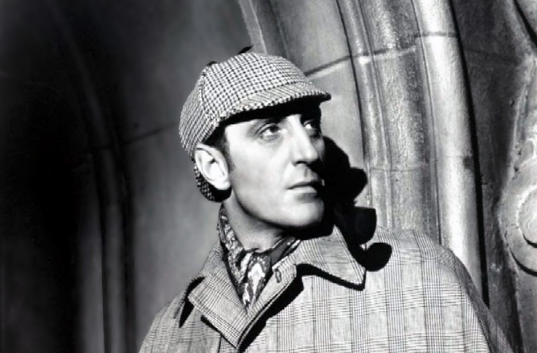Do you know who would have understood our current political moment? Who would have known how to make sense of the naked avarice, widespread bullying, demagoguery, and predatory politicking? Charles Dickens, that’s who.
The villainy in Oliver Twist alone suffices to show just how well Dickens understood misogyny, criminal exploitation, and the ways seductive insincerity works to ensnare the vulnerable.
As we approach the interminable holiday season, many of us will reflect on Dickens’ scathing indictment of greed in A Christmas Carol. Nearly everyone wants a piece of Dickens’ presumed political views. The Socialist Review proclaims “he would have been only too familiar with the shameless piling up of wealth, the poor struggling to survive, the penny pinching of welfare, and the lofty contempt of our rulers” in the 21st century.
But Dickens was no revolutionary. His foreign policy ideas “anticipate Kipling’s proletarian defenders of empire,” and he might have fit right in with the most starry-eyed of neoconservatives.
Was he a defender of free market ideals, as some allege? The idea seems implausible. Characters like pre-redemption Scrooge and Ralph Nickleby—who in, say, Ayn Rand’s hands might be champions of individualism and selfishness as a virtue—become in Dickens’ novels examples of frighteningly truncated humanity. Take this description of Nickleby, uncle of the orphaned Nicholas:
He wore a sprinkling of powder upon his head, as if to make himself look benevolent; but if that were his purpose, he would perhaps have done better to powder his countenance also, for there was something in its very wrinkles, and in his cold restless eye, which seemed to tell of cunning that would announce itself in spite of him.
This is the look of the deceitful, scheming businessman in Dickens: the cold eyes, the barely-concealed malice. In novels like Oliver Twist and Hard Times, Dickens “provides a damning critique of industrial England of the nineteenth century” and “an indictment of global laissez faire capitalism of the twenty-first century.” So argues The Copperfield Review, in any case.
But when we read Dickens, we don’t do so foremost to have our political views bolstered or challenged, but to experience the immensely moving and entertaining plots, with their vividly delineated characters like Ralph Nickleby above. These qualities have always made Dickens’ work translate beautifully to the stage and screen, and also to the radio waves, where Dickens appeared in dramatic adaptations during the medium’s golden age and beyond, often in star-studded productions.
For example, at the top of the post, you can hear a 1950 radio play of David Copperfield with Richard Burton in the title role and Boris Karloff as “the smarmiest creep in Dickens,” Uriah Heep. The latter character may be one of the most obsessively described in all of the author’s works, to the point of caricature. And yet, writes Sam Jordison at The Guardian, “just as Satan gets the best lines in Paradise Lost, Heep gets some of the best moments in David Copperfield.”
Further up, you can hear Orson Welles star in a 1938 production of A Tale of Two Cities. This play is the third in Welles and John Houseman’s series The Mercury Theatre on the Air, which featured Welles’ handpicked company of actors. Soon sponsored by Campbell’s Soup, the program was renamed The Campbell Playhouse by the time Welles produced an adaptation of A Christmas Carol with Lionel Barrymore as Scrooge.
In the Spotify playlist above, hear that production as well as a second Welles-starring version of A Tale of Two Cities recorded in 1945 for the legendary Lux Radio Theater. You’ll also find Richard Burton’s David Copperfield and classic productions of Great Expectations, Oliver Twist, The Pickwick Papers, The Mystery of Edwin Drood, and short stories like “The Queer Client,” “The Signalman,” and “The Trial for Murder.” If you need Spotify’s free software, download it here.
Visiting, or revisiting, the Dickensian world through radio plays fits in perfectly with the author’s own mode of disseminating his fiction: he was a showman who loved to give readings of his work “with full histrionic brilliance,” writes Simon Callow, “and stage-managed to a point of high theatricality.” And through such entertainment, he believed, he might move readers and audiences with his critiques of the exploitative systems of his day.
The playlist above will be added to our collection, 1,000 Free Audio Books: Download Great Books for Free. Copies of Dickens’ works can be found in our collection, 800 Free eBooks for iPad, Kindle & Other Devices.
Related Content:
An Animated Introduction to the Life & Literary Works of Charles Dickens
Hear Charles Dickens’ A Christmas Carol Read by His Great-Granddaughter in His Preferred Style
Charles Dickens’ Hand-Edited Copy of His Classic Holiday Tale, A Christmas Carol
Josh Jones is a writer and musician based in Durham, NC. Follow him at @jdmagness


